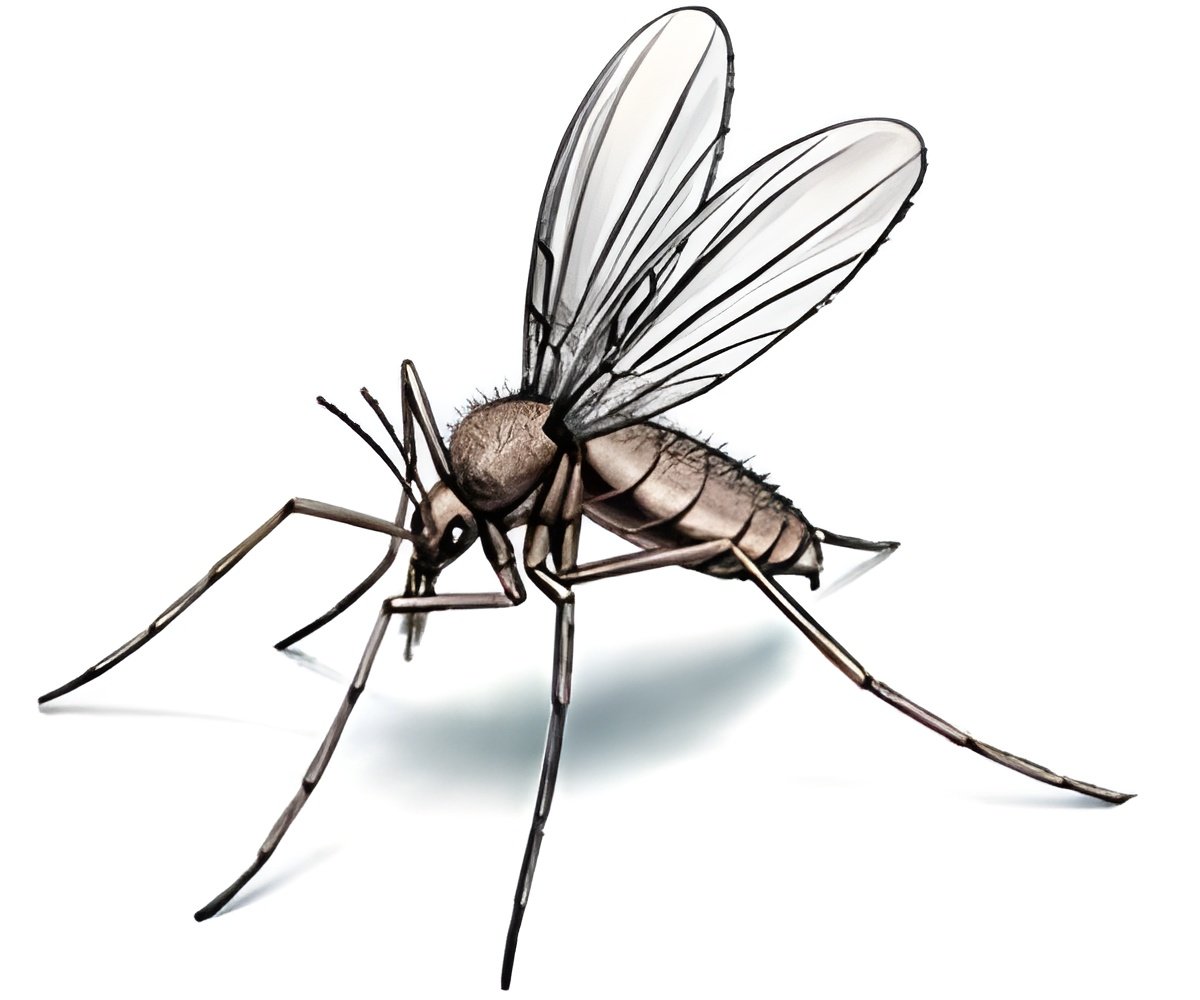
‘The capacity of monocytes and macrophages to kill the parasite is reduced by the transcription factor HIF-1α, which plays a major role in the establishment of chronic Leishmania infections.’
Tweet it Now
The parasite behind visceral leishmaniasis causes a chronic inflammation that enlarges the spleen and creates a hypoxic microenvironment.To compensate for the lack of oxygen and ensure their survival, cells adapt by inducing the expression of the transcription factor HIF-1α, the master regulator of the cellular response to hypoxia.
Professor Stäger and her team have demonstrated the effect of this key regulator on the function of monocytes and macrophages during viceral leishmaniasis, the most severe form of a tropical disease that affects millions of people around the world. These cells are the main targets of the parasite L. donovani.
"Our lab work demonstrates that HIF-1α plays a key role in the establishment of chronic Leishmania infections by reducing the capacity of monocytes and macrophages to kill the parasite. We also found that HIF-1α gives these cells immunosuppressant properties," explains Professor Stäger.
Advertisement







